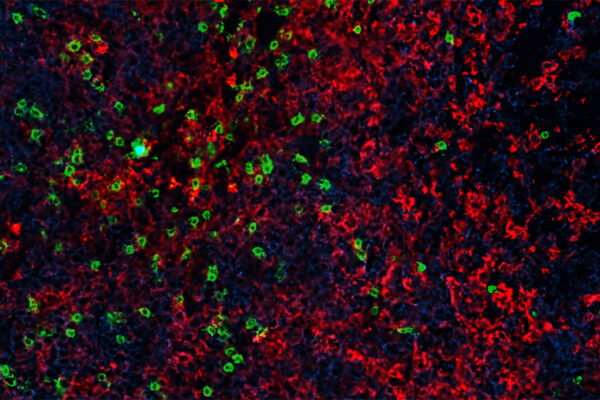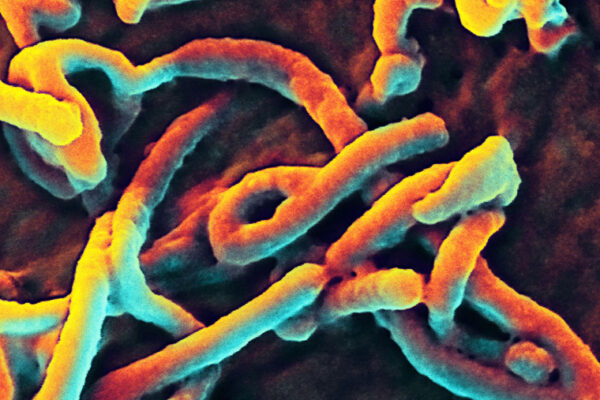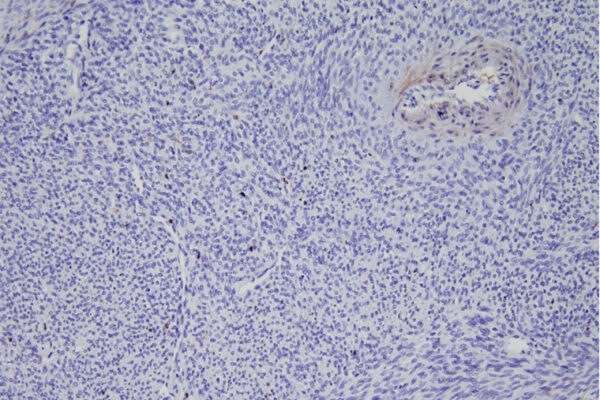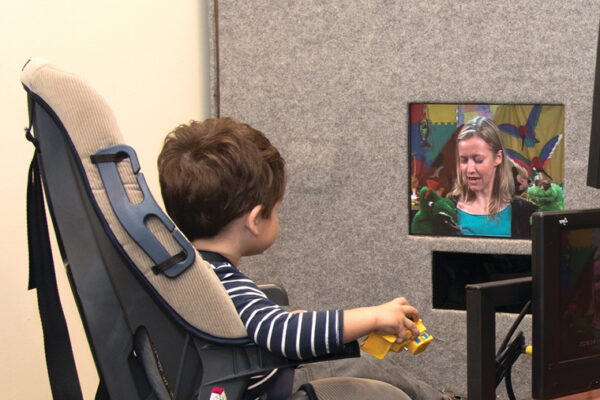Suicides less common in states that passed Medicaid expansion
Researchers at Washington University School of Medicine have found that although there have been steady increases in the number of people nationwide who die by suicide, such increases have slowed in states that have implemented Medicaid expansion.
SSRI use during pregnancy not related to childhood depression
New analysis of the Adolescent Brain Cognitive Development Study by Ryan Bogdan’s lab in Arts & Sciences finds no link to depression in children with prenatal exposure to selective serotonin reuptake inhibitors (SSRI) drugs.
Immunity-boosting treatment enhances CAR-T cell therapy for blood cancers
A study from the Washington University School of Medicine shows that treatment with the immunity boosting protein interleukin 7 (IL-7) after an infusion of genetically modified T cells causes the cancer-fighting CAR-T cells to grow in number and become more effective at killing tumor cells.
Rapid Ebola diagnosis may be possible with new technology
A new study from researchers at Washington University School of Medicine and colleagues at other institutions details a new tool that can quickly identify the presence of Ebola virus in blood samples. The technology has potential to be developed into a rapid diagnostic test.
Lishko named BJC Investigator
Polina V. Lishko, a noted molecular biologist and entrepreneur, has been named a BJC Investigator at Washington University School of Medicine.
Researchers to study leader cells in breast cancer model
Gregory D. Longmore, MD, at the School of Medicine, and Amit Pathak, at the McKelvey School of Engineering, will study the cells that lead the migration of deadly tumor cells through the body with a five-year $2.54 million National Institutes of Health (NIH) grant.
Network analysis useful in real-world applications for practitioners, study finds
A network survey among agencies that address cancer risk in rural Missouri and Illinois, conducted by the Brown School and the School of Medicine’s Implementation Science Center for Cancer Control, was found to be useful in helping those practitioners identify gaps, plan for how to establish future relationships and strengthen collaboration.
Investigational drug attacks synovial sarcoma, a rare type of tumor
A new study from Washington University School of Medicine describes a potential new therapy for synovial sarcoma, a rare tumor of soft tissues.
Inappropriate antibiotics for nonhospitalized kids cost US at least $74 million
Antibiotics inappropriately prescribed to children resulted in at least $74 million in excess health-care costs in the U.S. in 2017, according to a new study from Washington University School of Medicine and The Pew Charitable Trusts.
Abnormal development of brain’s visual system may contribute to autism
A new study, led by researchers at Washington University School of Medicine and the University of North Carolina School of Medicine, has identified abnormalities in the development of the brain’s visual system in infants that may predispose them to developing autism.
Older Stories









